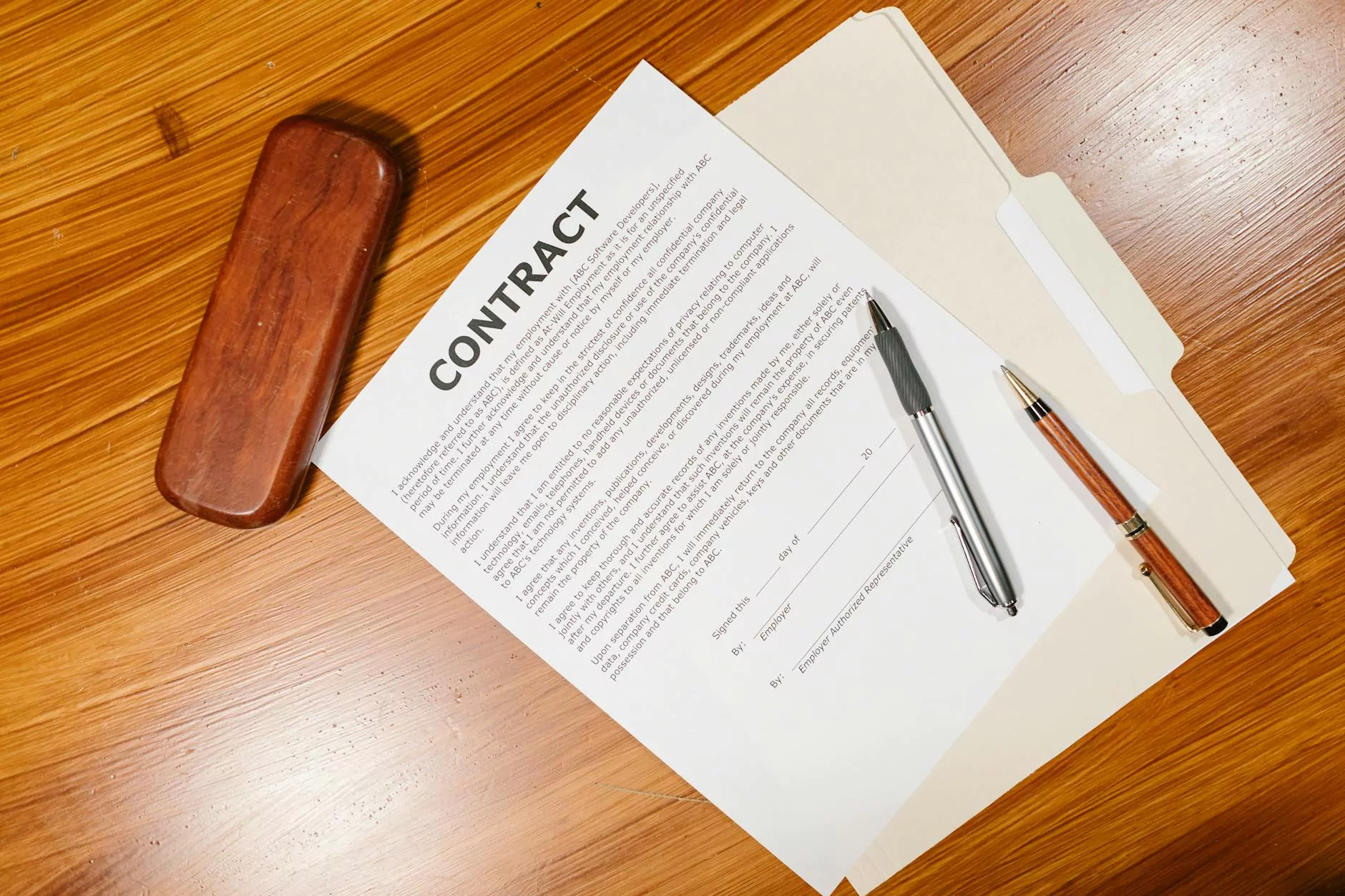The DMCA Safe Harbor Regime: Explained

Introduction
Welcome to Baytowne Reporting's comprehensive guide on the DMCA Safe Harbor regime. In this article, we will dive deep into the intricacies of the Digital Millennium Copyright Act's (DMCA) Safe Harbor provisions, explaining what it is, how it works, and why it's important for website owners and online content creators.
Understanding the DMCA
The DMCA is a United States copyright law that provides legal protection to online service providers (OSPs) against liability for copyright infringement when their users upload or share copyrighted content without proper authorization. The Safe Harbor provisions of the DMCA offer a shield to OSPs, safeguarding them from potential litigation.
How Does the DMCA Safe Harbor Work?
The DMCA Safe Harbor provisions create a process for OSPs to respond to copyright infringement claims, allowing them to maintain immunity from liability. To qualify for Safe Harbor protection, OSPs must meet specific requirements, including:
1. Online Service Provider Eligibility
OSPs must fall under the defined categories, such as internet service providers (ISPs), search engines, hosting providers, social media platforms, or user-generated content platforms. Not all online entities qualify as OSPs under the DMCA Safe Harbor provisions, so it's crucial to determine your eligibility.
2. Designated Agent
OSPs must designate an agent to receive notifications of claimed copyright infringement. This information, including the name, address, phone number, and email address of the designated agent, must be registered with the Copyright Office and prominently displayed on the OSP's website.
3. Notice and Takedown
When OSPs receive a valid DMCA takedown notice from a copyright owner or their authorized representative, they must promptly remove the infringing material or disable access to it. This process is known as the "notice and takedown" procedure and acts as a mechanism to address copyright infringement issues expeditiously.
Benefits of the DMCA Safe Harbor Regime
The DMCA Safe Harbor provisions offer significant benefits to OSPs:
1. Avoidance of Liability
By complying with the DMCA requirements and promptly responding to takedown notices, OSPs can avoid potential legal action and monetary damages arising from copyright infringement claims related to user-generated content.
2. Protection of Users' Privacy
The Safe Harbor regime protects the privacy of OSP users by not requiring OSPs to disclose personal information of alleged infringers unless ordered by a court of law. This helps maintain user trust and privacy while addressing copyright concerns.
3. Promotion of Free Speech and Innovation
The DMCA Safe Harbor regime balances the interests of copyright owners, OSPs, and users, fostering a vibrant online ecosystem that encourages freedom of expression, creativity, and technological innovation.
Challenges and Criticisms
While the DMCA Safe Harbor regime has proven to be beneficial, it is not without its challenges and criticisms. Some of the common concerns raised include:
1. Misuse of Takedown Notices
Sometimes, copyright owners or their representatives misuse the DMCA takedown procedure by submitting false or unjustified claims, resulting in the removal of non-infringing content. This can lead to unintended censorship and hinder legitimate user rights.
2. Complexity and Limitations
The requirements and process for claiming Safe Harbor protection can be complex, especially for small businesses and individual content creators without extensive legal resources. Additionally, the Safe Harbor provisions do not provide complete protection in all copyright-related situations.
Conclusion
The DMCA Safe Harbor regime serves as a fundamental legal framework protecting online service providers from copyright infringement liability. Understanding the eligibility requirements and following the necessary procedures is essential for website owners and content creators to mitigate the risks associated with user-generated content. While it provides crucial legal protections, it is important to stay informed of any updates or legal interpretations that may impact your compliance. If you are unsure about your specific circumstances, consulting with a legal professional specializing in copyright law is highly recommended.
With Baytowne Reporting, you can navigate the complexities of the DMCA Safe Harbor regime confidently. Our team of legal experts can provide guidance and assistance to ensure your compliance with the DMCA, protecting your online business and fostering a safe environment for creativity and innovation.




